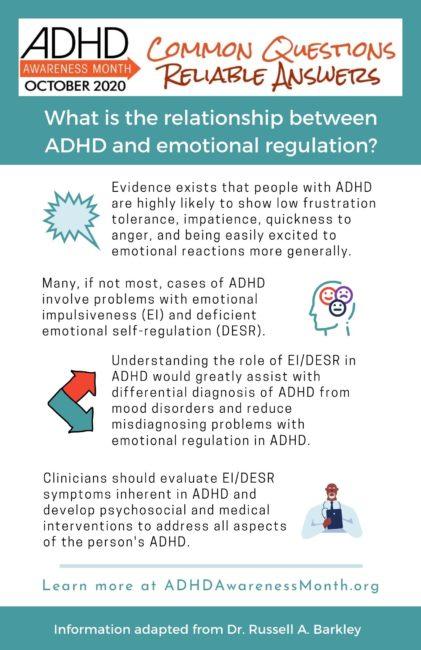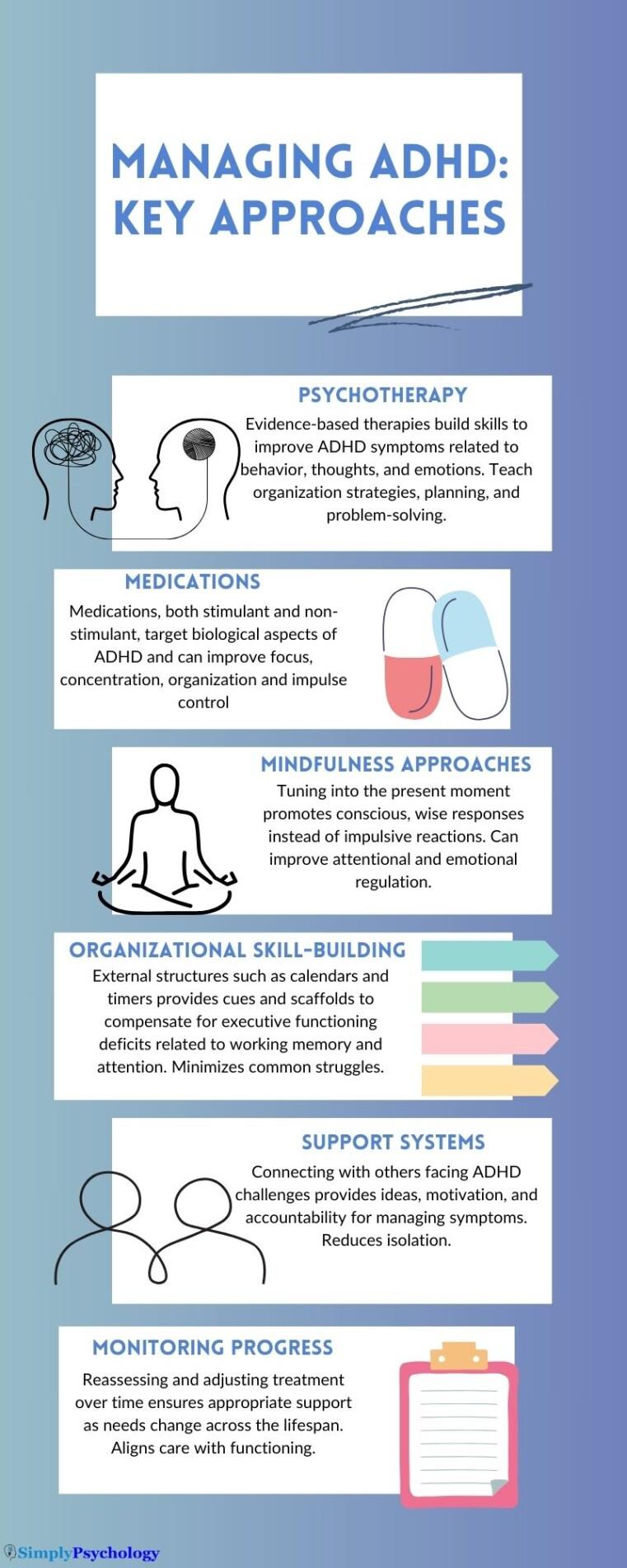In the ever-evolving landscape of American healthcare, few subjects spark as much debate and concern as access to mental health medications—especially for conditions like Attention Deficit Hyperactivity Disorder (ADHD). As former President Donald Trump steps back into the political arena, his past health appointments and policy stances come under scrutiny once more. Will the echoes of his previous administration’s decisions continue to resonate in the lives of those seeking ADHD medication? This article delves into the nuanced interplay between policy and practice, exploring the potential ramifications of Trump’s re-emergence on the accessibility of crucial treatments for ADHD. By examining both past directives and current implications, we aim to uncover whether a shift in policies could pave the way for greater or diminished access to the medications that have become lifelines for millions. Join us as we navigate this complex terrain, shedding light on the pivotal moments that could define the future of ADHD care in America.
Table of Contents
- Examining the Legacy of Health Appointments on ADHD Regulations
- Navigating the Implications of Policy Changes for ADHD Medication Accessibility
- Strategies for Advocating Improved Access to ADHD Treatments
- Evaluating the Future Landscape of ADHD Care Post-Appointment Changes
- Q&A
- Concluding Remarks

Examining the Legacy of Health Appointments on ADHD Regulations
The appointment of health officials during the Trump administration has sparked a significant discussion regarding regulations surrounding ADHD medications. With a focus on individual states’ rights and a push for less federal oversight, these appointments have the potential to reshape access to essential treatments for millions of individuals with ADHD. The ripple effects of these changes could lead to disparities in care depending on geographical factors, as states may create their own guidelines that either enhance or hinder medication availability. In particular, stakeholders are concerned about potential restrictions on prescription practices that could complicate ongoing treatment plans and create barriers to continuity of care.
Moreover, the emphasis on deregulation could lead to an increase in unstandardized treatment approaches that would impact ADHD management. The balance between innovation in treatment and the essential safeguards offered by standardized guidelines presents a delicate challenge. Here are several potential outcomes stakeholders might face:
- Increased Variability: States may implement varying degrees of regulations, leading to inconsistencies in how ADHD medication is prescribed and accessed.
- Access Challenges: Patients in states with restrictive policies may find it harder to secure necessary medications, impacting their overall well-being.
- Market Dynamics: Pharmaceutical companies may respond to shifting regulations by altering their marketing strategies, influencing the availability of certain medications.
| Impact Category | Possible Effects |
|---|---|
| Patient Access | Unequal access to medications based on state policies |
| Healthcare Costs | Potential increases in out-of-pocket expenses for patients |
| Treatment Quality | Variability in treatment effectiveness based on local guidelines |

The landscape of ADHD medication access is intricately woven with the threads of policy changes, which can often feel overwhelming to navigate. As new health appointments bring sweeping reforms, both healthcare providers and patients must remain vigilant in understanding how these shifts will impact medication availability. Key factors to consider include:
- Insurance Coverage: Changes in health policy may lead to alterations in how ADHD medications are covered by insurance plans, affecting out-of-pocket costs for patients.
- Formulary Adjustments: Physicians should monitor updates to formularies, as medications may be added or removed, necessitating discussions with patients regarding alternatives.
- Regulatory Impacts: Shifts in FDA regulations could influence the approval and distribution processes for new ADHD therapies.
In light of these considerations, it’s essential to assess the potential ramifications of policy changes and adapt accordingly. Healthcare professionals and stakeholders can stay ahead by leveraging collaborative tools and resources. The following table highlights pivotal stakeholder roles and their responsibilities in facilitating access to ADHD medications:
| Stakeholder | Responsibility |
|---|---|
| Healthcare Providers | Educate patients about medication options and provide the latest information on insurance updates. |
| Policy Makers | Design equitable access measures for ADHD medications within healthcare frameworks. |
| Pharmaceutical Companies | Ensure fair pricing and availability of ADHD medications in response to policy changes. |
| Advocacy Groups | Raise awareness and lobby for patient access to necessary treatments. |
Strategies for Advocating Improved Access to ADHD Treatments
To effectively advocate for improved access to ADHD treatments, stakeholders must deploy a multifaceted approach that engages policymakers, healthcare providers, and the community. Key strategies include:
- Building Partnerships: Collaborating with advocacy groups, healthcare professionals, and educational institutions to create a united front advocating for policy changes that enhance accessibility.
- Raising Awareness: Launching educational campaigns to inform the public about ADHD and the importance of accessible treatment options, ensuring that the conversation reaches diverse communities.
- Policy Advocacy: Actively participating in legislative processes by lobbying for laws that promote equitable access to ADHD medications and therapies, emphasizing the need for insurance coverage and affordability.
- Utilizing Data: Gathering and presenting data on the outcomes of untreated ADHD and the benefits of comprehensive treatment, appealing to policymakers with evidence-based arguments.
Additionally, establishing a supportive framework for both patients and providers is critical. Consider implementing the following initiatives:
| Initiative | Description |
|---|---|
| Telehealth Services | Expand telehealth capabilities to provide remote consultations and prescriptions, reducing barriers for those lacking local access. |
| Community Outreach Programs | Create workshops and informational sessions for parents and educators to help identify ADHD symptoms and treatment options. |
| Financial Assistance Resources | Develop programs to assist families with the cost of medications and therapies, ensuring financial constraints do not hinder access to care. |
Evaluating the Future Landscape of ADHD Care Post-Appointment Changes
As the landscape of healthcare policy evolves, the nuances of ADHD care are poised for potential transformation. With new appointments influencing policy directives, various stakeholders must consider how these changes will ripple through the spectrum of ADHD medication accessibility. Key factors that will likely shape this future include:
- Insurance Coverage Adjustments: Changes in policy could lead to shifts in how ADHD medications are classified and covered.
- Regulatory Oversight: A different approach to regulation may impact the approval process for new treatments.
- Access to Specialists: Variations in mental health care funding may affect the availability of qualified professionals.
The implications of altered healthcare policies may also extend to the affordability of treatment options. With a focus on fiscal responsibility, budgetary constraints could affect public health initiatives that support ADHD care. Key points to watch include:
| Policy Element | Potential Impact |
|---|---|
| Medicaid Expansion | Broader access for low-income families needing ADHD treatment. |
| Pharmaceutical Patents | Influence on the cost and availability of generic ADHD medications. |
| Telehealth Services | Increased access to care for remote populations coping with ADHD. |
Q&A
Q&A: From Policy to Practice: Will Trump’s Health Appointments Impact ADHD Medication Access?
Q1: What are the main health appointments made by Trump that could affect ADHD medication access? A1: Throughout his administration, former President Trump appointed several key figures to health-related positions, including Alex Azar as Secretary of Health and Human Services and Scott Gottlieb as Commissioner of the FDA. These appointments are critical because they influence policies regarding pharmaceutical regulations, mental health initiatives, and access to medications, including those prescribed for ADHD.
Q2: How do these appointments specifically relate to ADHD and its treatment? A2: ADHD, or Attention-Deficit/Hyperactivity Disorder, is often treated with stimulant medications, which are regulated by the FDA and influenced by federal policies. Changes made under Trump’s appointees could alter prescription guidelines, funding for mental health programs, and the overall landscape of healthcare accessibility—factors that directly impact how easily patients can obtain ADHD medication.
Q3: Are there any particular policies introduced during Trump’s administration that could affect ADHD medication access? A3: The Trump administration focused on various healthcare reforms, including the “Right to Try” legislation, aimed at increasing access to experimental medications. While this may not directly impact standardized ADHD treatments, it showcases a broader trend toward reducing regulatory barriers. Moreover, initiatives targeting mental health care funding could indirectly support access to ADHD meds through increased resources for mental health professionals.
Q4: How might changes in healthcare administration affect ADHD awareness and education? A4: Changes in administration can lead to shifts in public health campaigns that emphasize mental health awareness and education around ADHD. If health appointees prioritize mental health issues, we may see enhanced resources for both awareness (leading to timely diagnoses) and education (informing parents and educators about treatment options), ultimately influencing the accessibility of ADHD medications.
Q5: What challenges might still exist regarding medication access, regardless of Trump’s policies? A5: Despite potential shifts in policy, systemic challenges remain. These include disparities in healthcare coverage, stigma surrounding mental health diagnoses, and regional limitations on healthcare resources. Moreover, the complexities of insurance approvals for ADHD medications can create additional barriers for patients, which policy changes alone may not fully address.
Q6: What should parents and patients know about the current landscape of ADHD medication access? A6: It’s essential for parents and patients to remain informed about both the political climate and their local healthcare options. Being proactive about communicating with healthcare providers, understanding insurance policies, and advocating for mental health resources can help navigate the landscape effectively. Staying engaged in discussions about policies impacting health appointments can also empower families to voice their needs.
Q7: Looking forward, what could be the potential long-term effects of these appointments on ADHD medication access? A7: The long-term effects of Trump’s health appointments may result in either improved access through streamlined processes or, conversely, potential setbacks if regulatory hurdles emerge. The broader implications depend on future policy directions, the continuous evaluation of ADHD treatment paradigms, and how committed the administration remains to mental health advocacy in the years following Trump’s term. It’s a dynamic situation, influenced by evolving political priorities and public health needs.
Concluding Remarks
as we navigate the complex landscape of health policy shaped by the Trump administration’s appointments, the implications for ADHD medication access remain a focal point of concern and curiosity. The interplay between political decisions and healthcare accessibility underscores the importance of vigilance and advocacy within the community. While changes in leadership can herald new directions, the ultimate impact on families and individuals dependent on ADHD treatment will hinge on how effectively these policies are translated into practice. As we move forward, the dialogue surrounding ADHD and medication access must continue, emphasizing the need for a balanced approach that prioritizes both sound policy and equitable healthcare provision. Only time will reveal the true legacy of these appointments, but for now, staying informed and engaged is paramount in shaping the future of ADHD care.
Dr. Jonathon Preston is a respected mental health specialist dedicated to helping individuals overcome challenges. With advanced training in psychology and decades of experience in the mental health field.
